
Eat Fresh, Waste Less!
Use these tips to maximize your produce while minimizing waste in your kitchen.

Use these tips to maximize your produce while minimizing waste in your kitchen.

Repurposing holiday foods is more than just a practical solution to leftovers; it’s a meaningful way to promote wellness and sustainability.
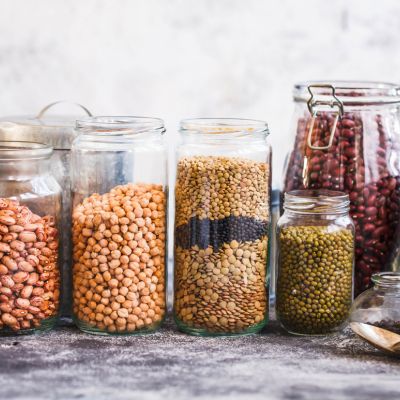
With a little planning, wholesome meals become accessible to any budget.

Consider these small changes to nourish yourself and protect the planet that we all share.

Plants fuel people and help protect the planet – if athletes can do it, so can you!
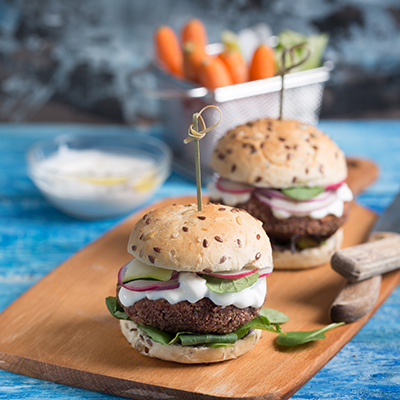
Check out these chef-approved tips to spice up your grill repertoire with plants.
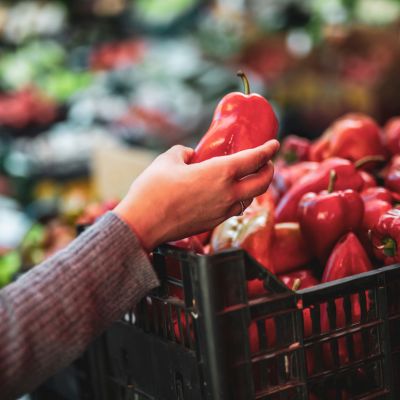
Whether shopping at the farmers’ market or the grocery store, here are some tips to pick out the best produce.
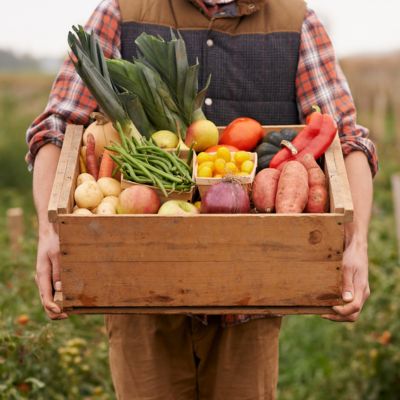
With farmers’ markets popping up everywhere, eating seasonally is more achievable than it used to be and offers a variety of benefits.
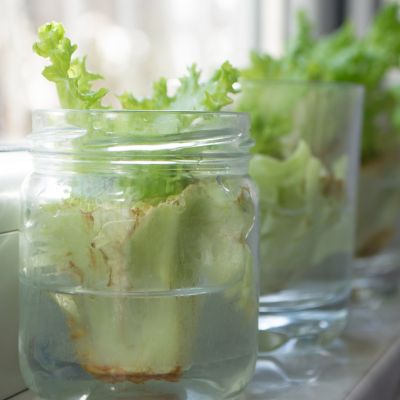
If you don’t have the space for a large garden, don’t worry – you can regrow vegetables with parts that are often tossed!
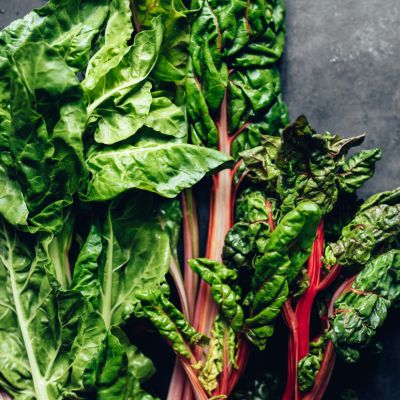
Many recipes for greens advise to de-stem before cooking, but we are breaking down the benefits of keeping them!

Keep these strategies in mind to get the most flavor and nutrition from your produce.
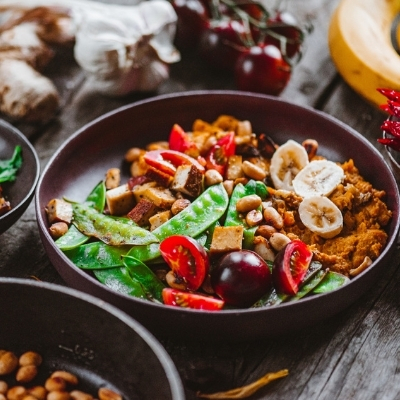
When it comes to eating plants, it’s not all or nothing, so choose what works for you!
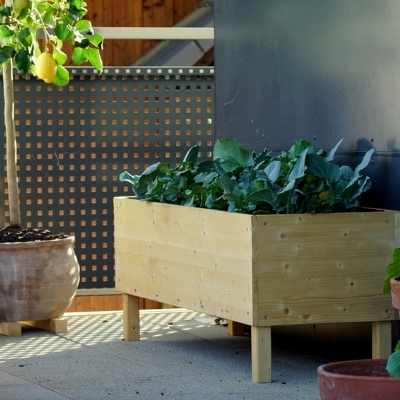
Find your slice of green space and get your garden growing.

Try pairing these herbs, spices, and other ingredients to create global-inspired meals in your kitchen.
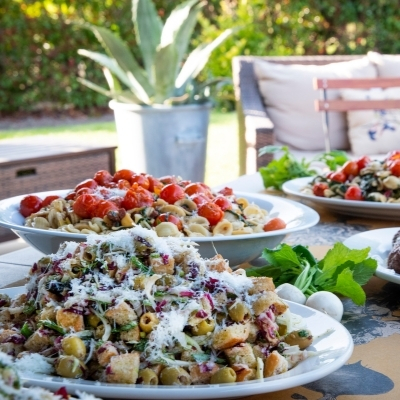
Enjoy traditional holiday comfort foods with a plant-forward twist.
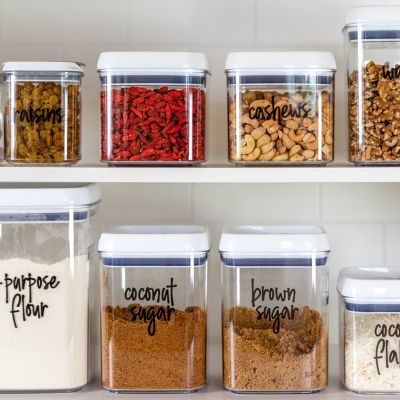
Having a well-stocked pantry makes food prep easier and provides peace of mind knowing you can pull together a last-minute meal.
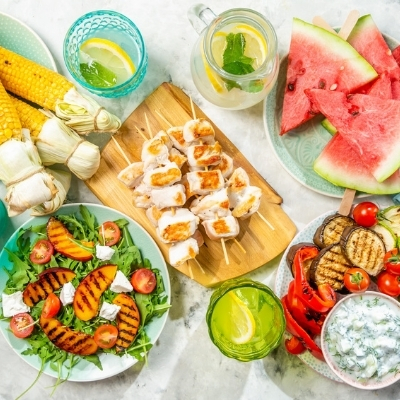
Take time to enjoy the fresh air while grilling up plant-forward recipes that are sure to be new favorites.
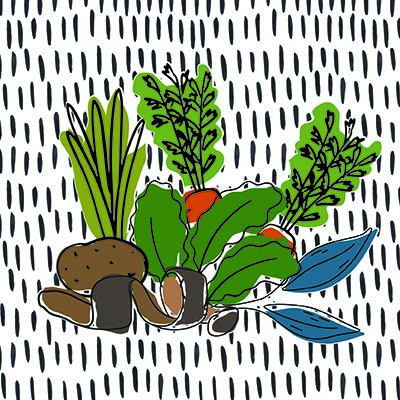
Think again and use every ingredient twice (or even thrice)! These tried and true tips are a great way to get you started on your food waste fighting journey.
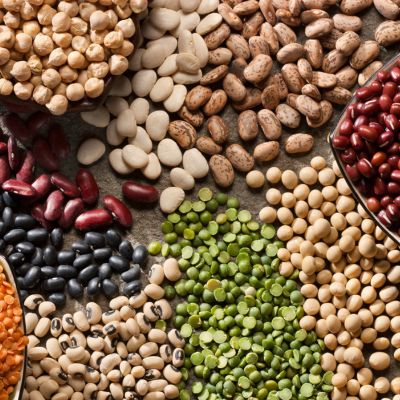
We’re exploring how beans, lentils, peas, and soybeans have been a staple food in many cultures for thousands of years and are an important source of nutrients in many global cuisines, providing example recipes from our kitchens.
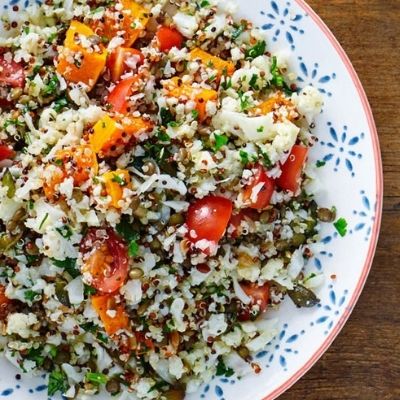
Choosing more plant proteins will benefit your health and the environment.
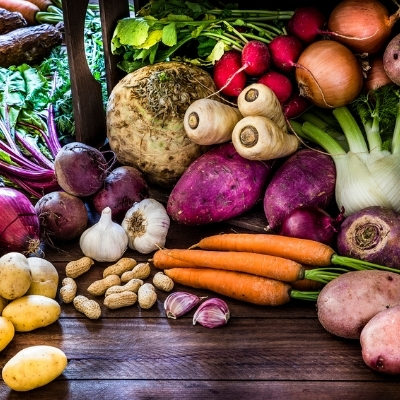
The foods we eat affect our carbon footprint. Find out what you can do to curb your impact.
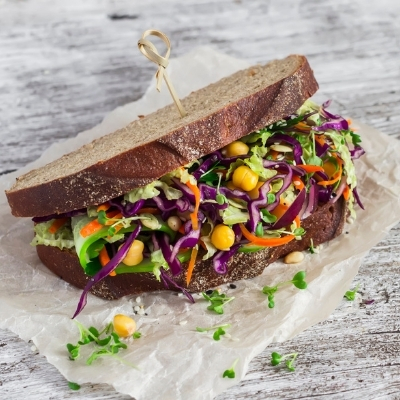
It’s not all or nothing when it comes to adding plant-based meals – choose what works for you.
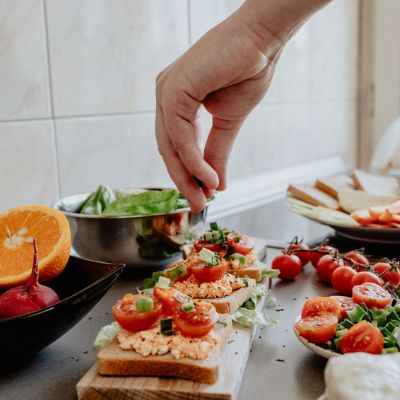
Plan ahead for nourishing snacks ahead of time with these top tips.
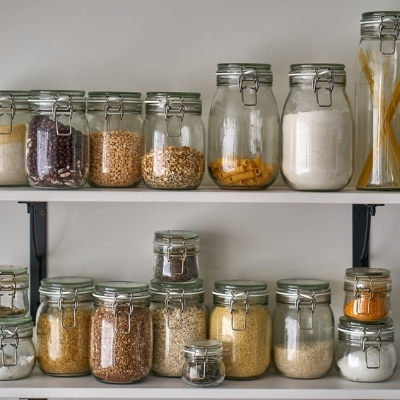
As boring as it might seem, understanding safe food handling basics is vital to healthy food storage.
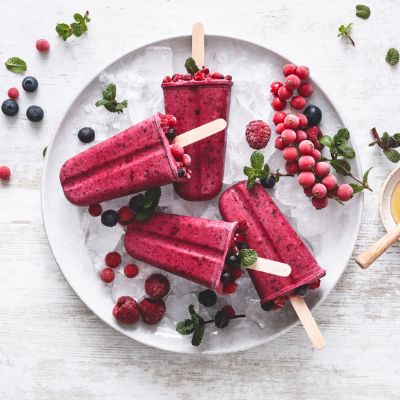
How do you enjoy a sweet summer treat without the sugar bomb? Reach for fruit instead! These 6 summer fruit-inspired snacks with satisfy your sweet tooth without the added sugar.

Growing your own vegetables is good for your mental (and physical) health.
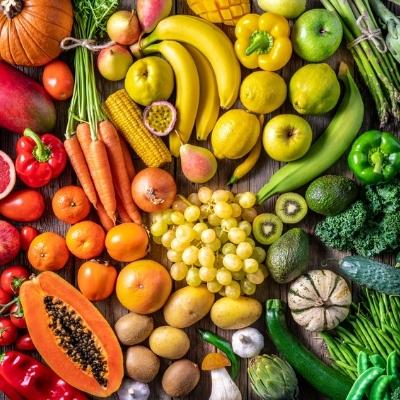
Get the most health benefit with food pairings that synergize.
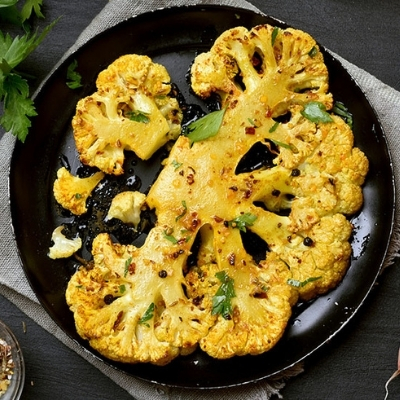
Gone are the days of boring steamed broccoli or boiled Brussels sprouts as the way to cook your vegetables. It’s time to get creative in the kitchen.
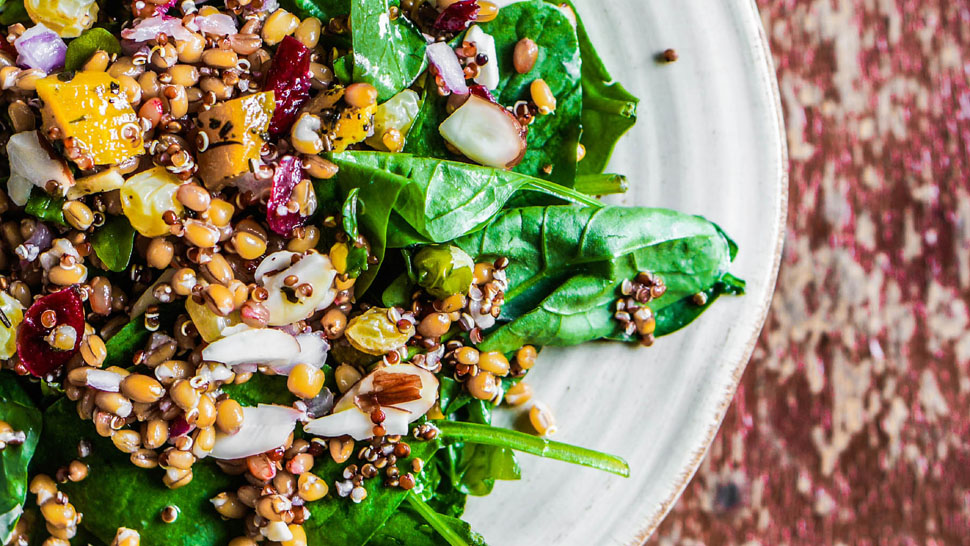
Meat and dairy are two of the biggest dietary contributors to the environmental impact of an omnivore’s diet.
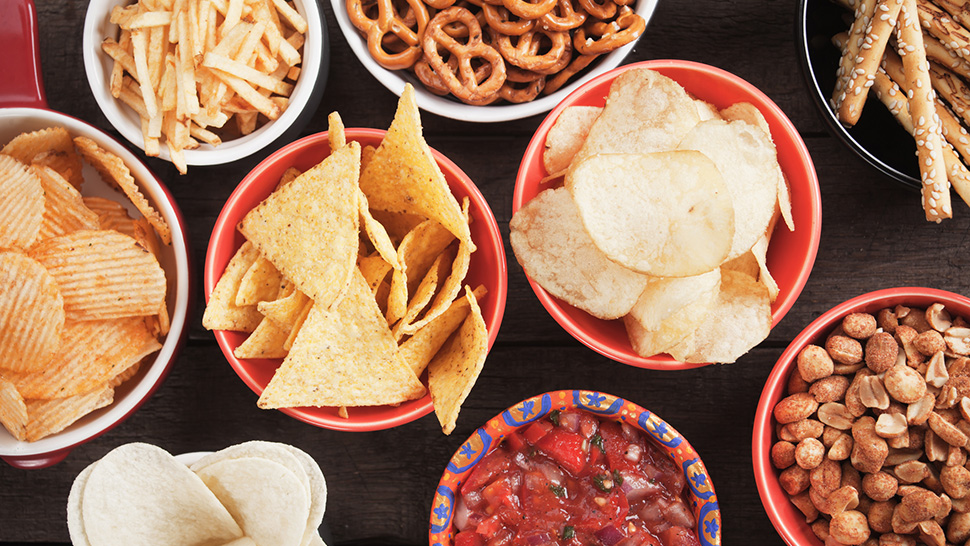
Going vegetarian (or vegan) one, two or all meals per week is no longer just for your most on-the-fringe friends.
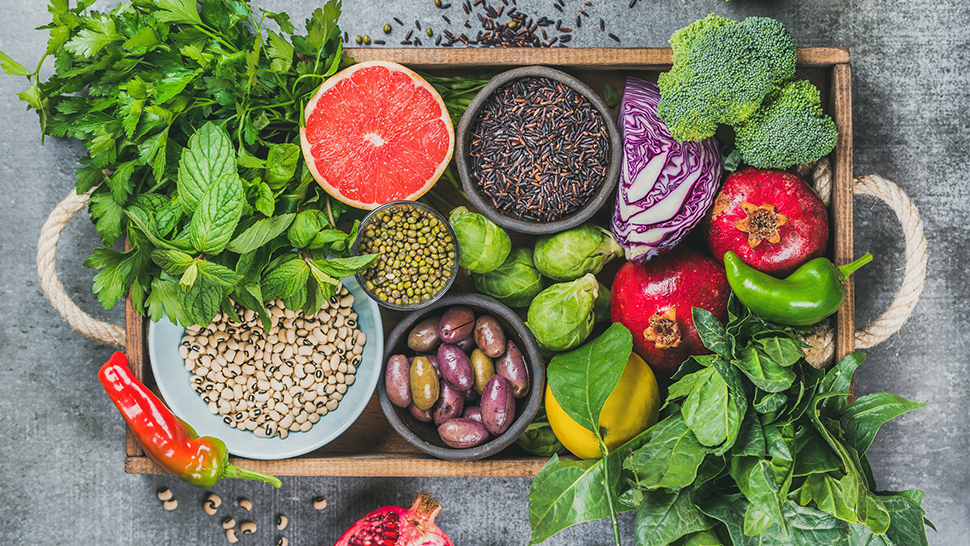
When it comes to cancer, the stats are scary — one in two men and one in three women will get cancer sometime in their life. While that reality is daunting, don’t let it make you feel powerless.
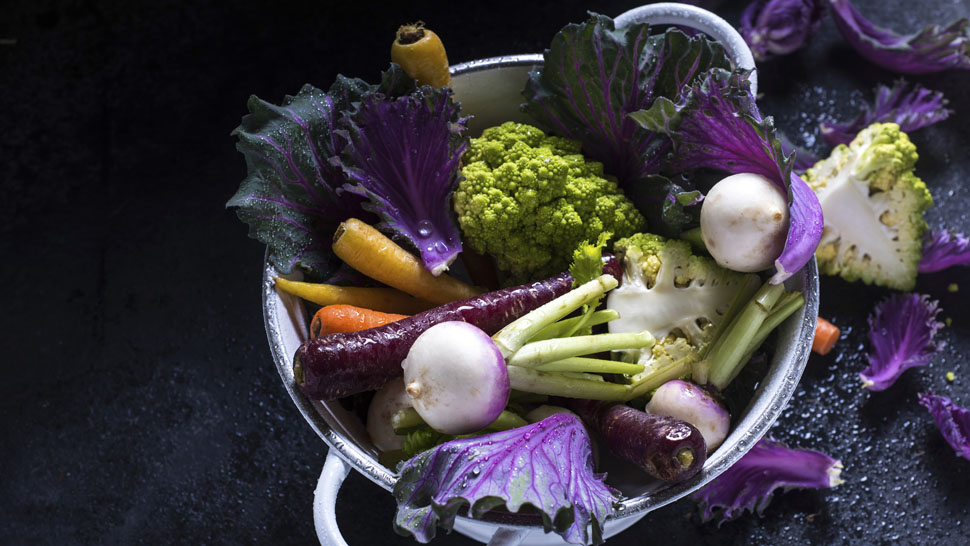
It has been well established that plant foods are part of a healthy diet.